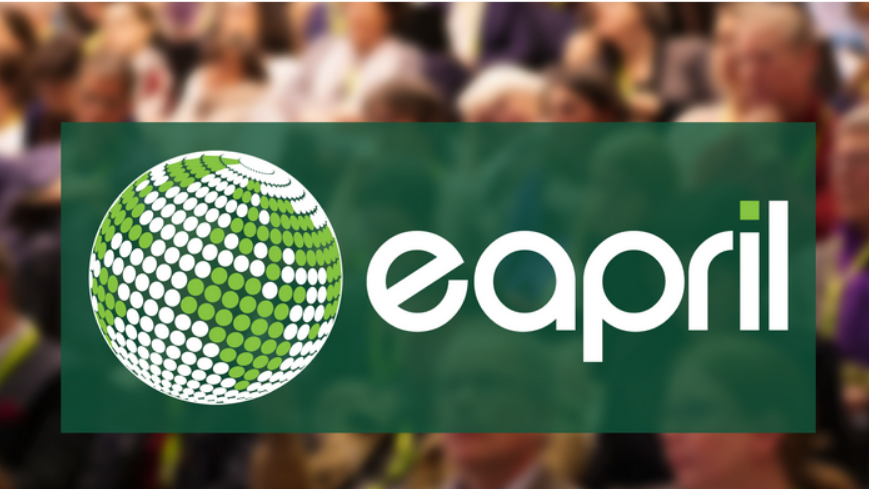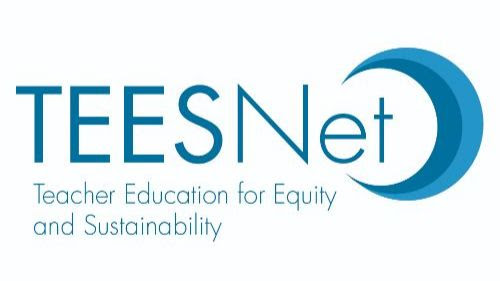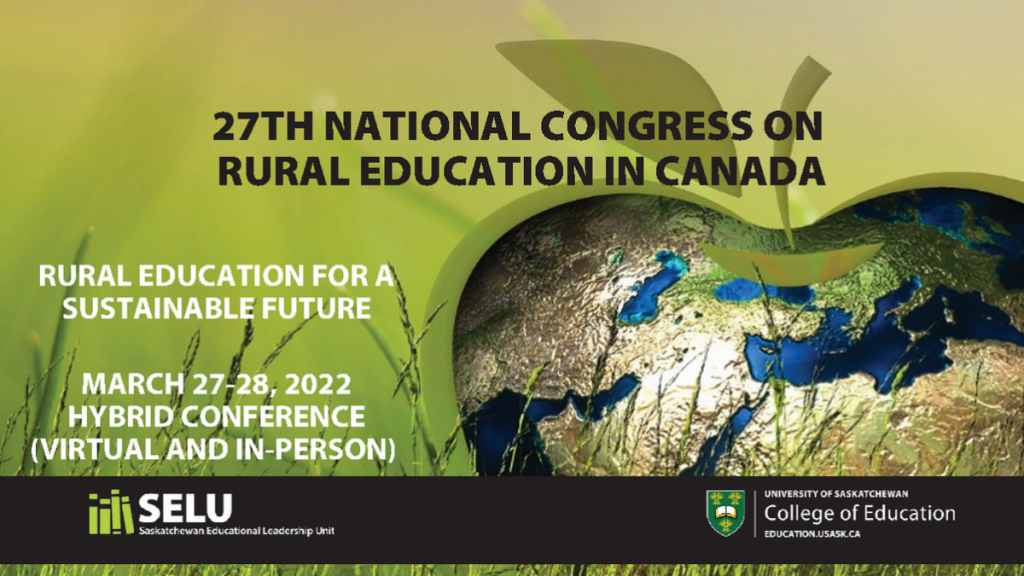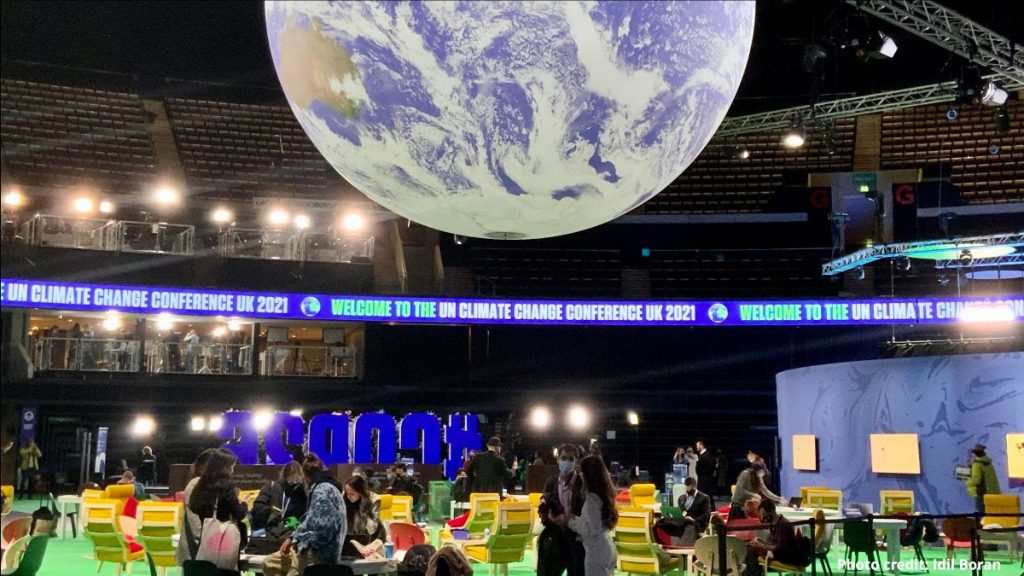UNESCO is conducting a global survey to collect information that will help revise a landmark legal instrument on education for international understanding, cooperation, peace, human rights and environmental sustainability, known as the 1974 Recommendation. Given the growing call for education to address sustainability challenges that have evolved dramatically over the past five decades, such as the climate crisis, we invite you to participate in the process of revising the 1974 Recommendation.
Share your views on how to reflect and address these changes. Now is the time to ensure your voice is heard. Take the 10-minute survey, share it with your networks and help shape global policy on education. The deadline ends today, 1 March 2022. The survey is available in English, French, and Spanish.
Establecer directrices para la Educación propia desde la Sostenibilidad planetaria: Con esta alianza interinstitucional y cooperación internacional se exaltará la importancia de los saberes ancestrales, como fundamento de las pautas de crianza en la familia y la formación integral de niños, jóvenes y adultos en todos los niveles educativos, que garantizará una educación sustentable en lo local y regional.
Únanse virtualmente con Charles Hopkins, Gustavo López Ospina y Katrin Kohl el 3 de marzo de 2022 a las 8 am (hora de Bogotá). Los interesados se pueden registrar aquí.
The European Association for Practitioner Research on Improving Learning (EAPRIL), offers a platform for practice-based researchers, practitioners and policy makers to discuss, develop and share their research and practices. These activities are supported by the use of thematic groups, so-called Clouds.
To date, there is no EAPRIL Cloud for networking and discussion among practitioners and practitioner researchers who are interested and specialized in education for sustainability. It is being explored if it is possible to establish such a group. Are you interested in this effort and would you possibly want join it?
A new entry in the Encyclopedia of Teacher Education highlights the growing prevalence of research on environmental and sustainability education in teacher education (ESE-TE). Emerging from a comprehensive review of the literature in this area, an international team of researchers has synthesized trends related to the main themes, geographical contexts, settings, and methods observed in ESE-TE research, while also making connections to similar fields and disciplines. Most significantly, the research team has identified, and provides examples of, five types of ESE-TE: designing learning environments, understanding learner attributes, measuring learner outcomes, promoting systems change, and advancing visions for the field.
King, J., Rieckmann, M., Fischer, D., Barth, M., Büssing, A.G., Hemmer, I., & Lindau-Bank, D. (2022). International trends in research on environmental and sustainability education in teacher education. In: M.A. Peters (Ed.), Encyclopedia of teacher education. Springer.
DOI: 10.1007/978-981-13-1179-6_468-
The United Nations Academic Impact is organizing the third edition SDGs Off-Campus: Engaging with the Community in a series of workshops for capacity-building. The sessions target universities and colleges around the world to provide training and enhance skills related to the implementation of the Sustainable Development Goals (SDGs) while fostering the involvement of higher education as valuable stakeholders.
This third workshop will take place on Thursday, 3 March 2022, from 10:30am to 12pm EST. This workshop will showcase how universities and colleges provide assistance to, and collaborate with, civil society groups and a wide range of local stakeholders to advance the SDGs via innovative ideas, projects, and solutions combining academic knowledge and resources with those of the community.
You can find further details, including the link to access the registration form, here.
Re-Imagining Teacher Education: Transforming Learning for a Just and Sustainable World: Education, in its various forms, holds transformative potential. However, concerns persist that it reinforces and perpetuates the conditions for exclusion, injustice and unsustainable lifestyles. There is growing realization that education, as it takes place currently, is inadequate to the global crises we face.
The 13th annual TEESNet conference responds to the urgency of these calls and seeks to re-imagine teacher education by inviting research papers, examples of practice and creative contributions which relate to one or more of the following themes:
- Interconnectivities and interdependencies,
- Intersections between ecological, racial and social justice,
- Interdisciplinary learning, and
- Cooperation and solidarity.
TEESNet activity cuts across sectors and welcomes proposals by 23 May 2022 from educators and students in universities, schools, and NGOs/CSOs, as well as researchers, policy makers, and those engaged in all forms of education. If you are interested, please find out more from Andrea Bullivant at bulliva(at)hope.ac.uk using the subject ‘TEESNet 2022 Conference CFP’.
The University of Saskatchewan (USask) International Office is holding the 27th National Congress on Rural Education in Canada, with the theme of Rural Education for a Sustainable Future. The 27th Congress will be hybrid (in-person and/or virtual) and will be broadcast through the Zoom platform on 27-28 March 2022. The event includes dynamic keynote speakers and several panels (including international presenters), in the area of rural and remote education. The Congress will highlight global perspectives on rural and remote education and sustainability research, and engender exciting discussions between educators, school and system leaders, parents, community members, and researchers. Registration is now open.
OECD and UNESCO launched the initiative Teaching for Climate Action during COP26 in 2021, a project that gathers teacher expertise on promoting student agency on climate issues. The Summary of InSights is now available for a consultation period and you are invited to read through the report and to offer your own feedback through a survey (available in English, French and Spanish). The consultation period is open until 31 March 2022. By participating in this step, you will help to shape the future of teaching, and will be acknowledged in the Summary of InSights.


The Global Independent Expert Group on the Universities and the 2030 Agenda (EGU2030) was launched in October 2020 by UNESCO in collaboration with the University of Bergen. The 14 experts from around the globe reflected on the knowledge and transformations required for higher education to contribute to the achievement of the SDGs. Their recommendations will be launched at the World Higher Education Conference (WHEC2022) to be held in May 2022. You can find the report online.
UNESCO and Education International conducted a global survey of 58,000 teachers, finding that although 81% of teachers were interested in learning more about Education for Sustainable Development and Global Citizenship, training opportunities were not always available and half of the respondents face challenges in teaching these themes, typically because they are not familiar with suitable pedagogies. Find out more.







